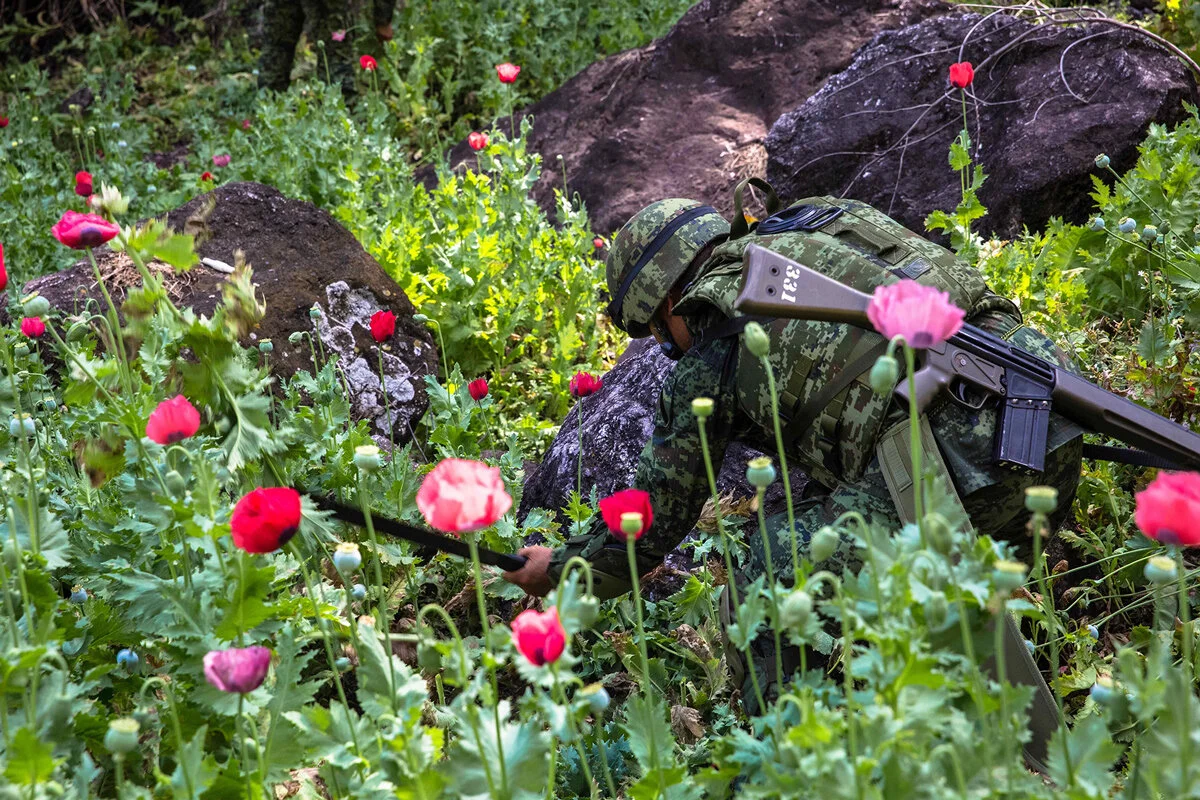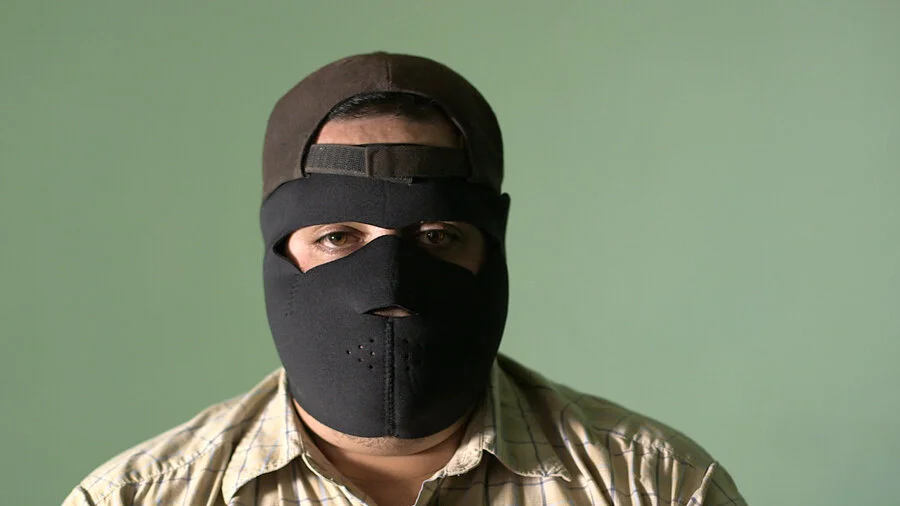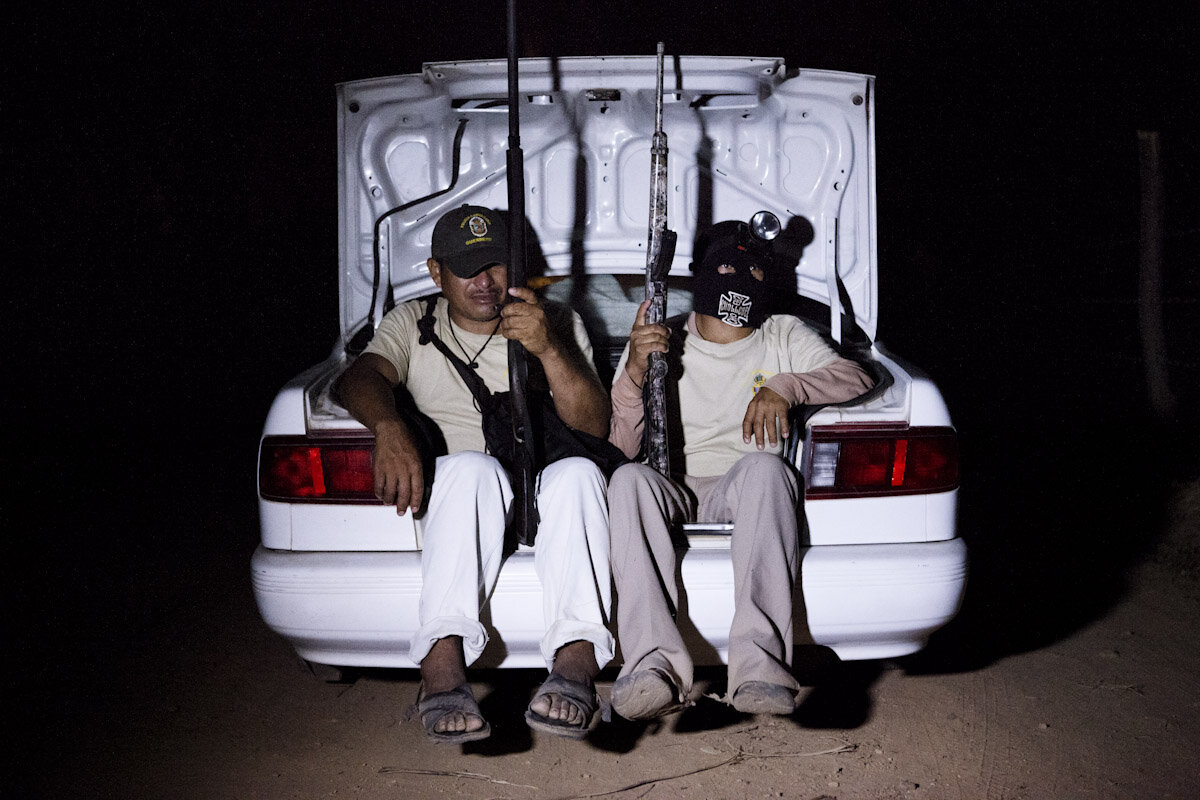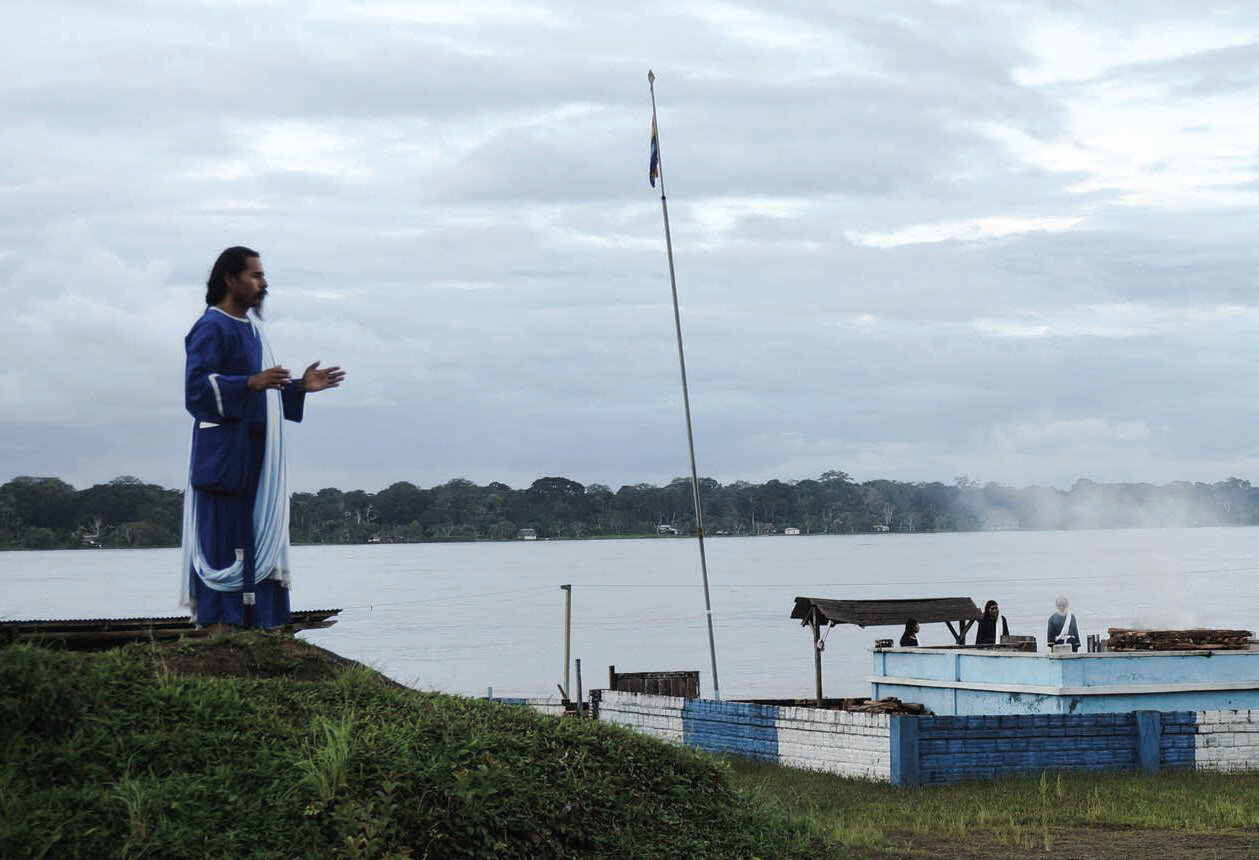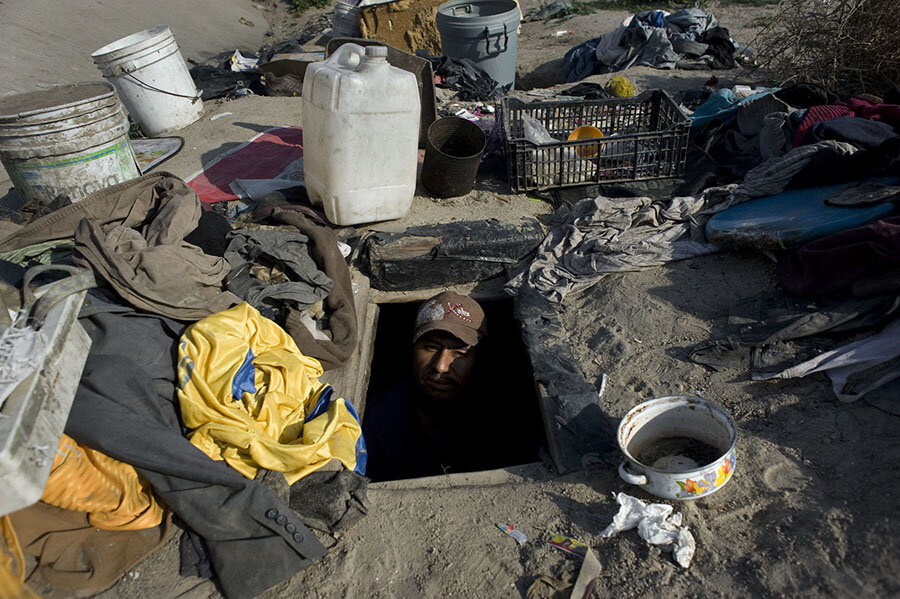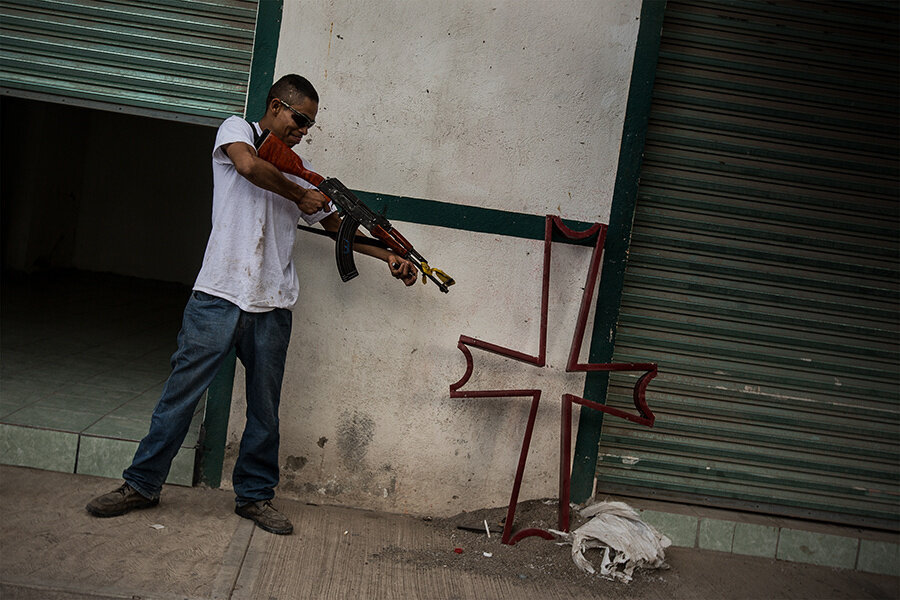News
The Rise of Mexican Black Tar
With the rate of opioid addiction surging in the United States, Mexico has become the world's third-largest producer of opium, a substance derived from poppy plants that can be processed into heroin. Mexican cartels are now the primary suppliers of heroin to users in the US, and their product is mostly a crude and unrefined form of the drug called black tar. VICE News travels to poppy plantations in the fertile mountains of western Mexico and follows the path of black tar heroin as it is trafficked across the US border to see the human cost of this lucrative but destructive trade.
Cocaine and Crude
Mexico’s notoriously violent drug cartels are diversifying. Besides trafficking narcotics, extorting businesses, and brutally murdering their rivals, cartels are now at work exploiting their country’s precious number one export: oil.
The Warrior State
The state of Guerrero (which means "warrior") is one of the poorest in Mexico and the site of some of the worst violence in the battle between the drug cartels and Mexican authorities. As a result of the violence, hundreds of civillians have armed themselves with machetes, rifles, and shotguns, put masks on, and decided to police their own communities, effectively taking justice into their own hands.
The Promised Land: Cocaine And Faith in the Amazon
Peru is now the world’s main supplier of coca, the raw plant material used to manufacture cocaine. In the last five years, coca production has grown the most in the tri-border region, an area deep in the Amazon where Colombia, Brazil and Peru meet. The tri-border region is home to a messianic sect with apocalyptic beliefs whose members dress in biblical robes. Known as “Israelites," the religious group migrated to the Peruvian Amazon in 1995 in search of a promised land that's now infested with coca plantations.
Life In The Deportee Slums
About 40 percent of Mexican immigrants deported from the US are sent back through Tijuana. Many of the deported border crossers have established a makeshift shantytown inside a dry, concrete riverbed where the Tijuana River once flowed—called El Bordo.
Fighting Mexico’s Knights Templar Cartel
In "Tierra Caliente," Michoacán, a group of farmers and businessmen in two communities organized themselves to take up arms against the Knights Templar drug cartel. Tired of the absence of the rule of law, the lack of governability, and persistent corruption, they took matters into their hands and formed what they called "autodefensa" militias in towns of Tepalcatepec and La Ruana. We returned to meet the militia leaders, to find out what is happening today in the region known as the Hot Land.
